- Browse
- Gpu
GPU Courses
GPU courses can help you learn parallel computing, graphics rendering, machine learning applications, and deep learning techniques. You can build skills in optimizing algorithms, enhancing computational efficiency, and utilizing frameworks for AI development. Many courses introduce tools like TensorFlow, CUDA, and PyTorch, that support implementing GPU-accelerated applications and conducting data analysis.
Popular GPU Courses and Certifications
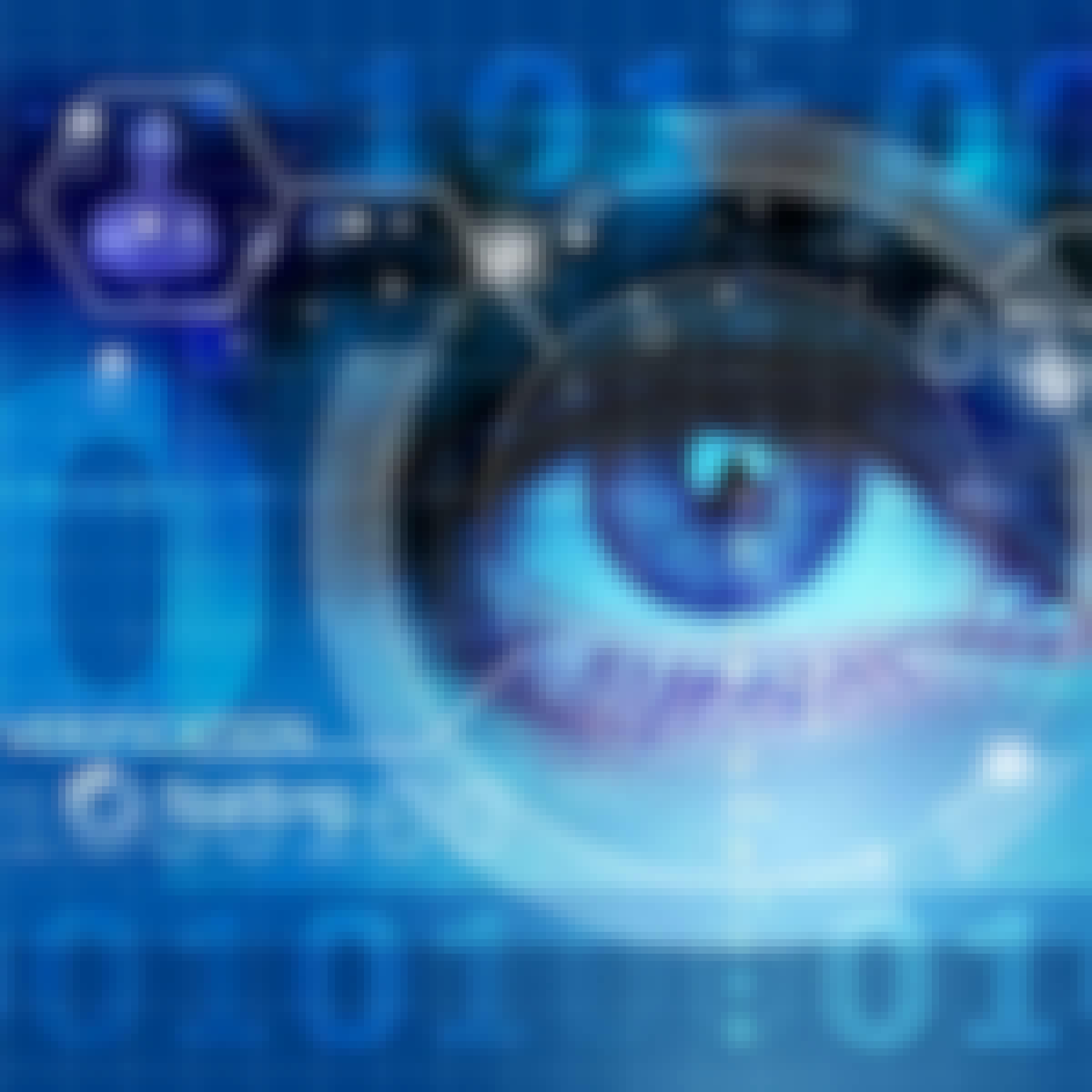
Skills you'll gain: Computer Vision, Convolutional Neural Networks, Transfer Learning, Model Evaluation, Machine Learning Methods, Classification Algorithms, Machine Learning Algorithms, Visualization (Computer Graphics), Deep Learning, Feature Engineering, Network Architecture
4.3·Rating, 4.3 out of 5 stars1.4K reviewsIntermediate · Course · 1 - 3 Months
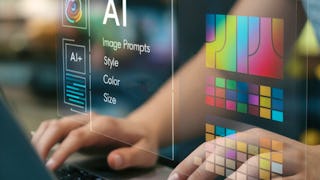 Status: PreviewPreviewS
Status: PreviewPreviewSSimplilearn
Skills you'll gain: Autoencoders, Generative AI, Embeddings, Generative Model Architectures, Prompt Engineering, Image Analysis, Unsupervised Learning, PyTorch (Machine Learning Library), Transfer Learning
Beginner · Course · 1 - 4 Weeks
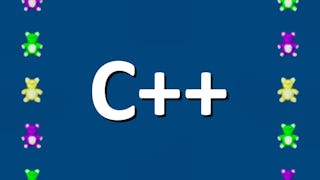 Status: Free TrialFree TrialU
Status: Free TrialFree TrialUUniversity of Colorado System
Skills you'll gain: Unreal Engine, Object Oriented Programming (OOP), C++ (Programming Language), Debugging, Computer Programming, Video Game Development, 3D Assets, Development Environment, Software Documentation, Data Storage, Scripting
4.5·Rating, 4.5 out of 5 stars180 reviewsIntermediate · Course · 1 - 4 Weeks
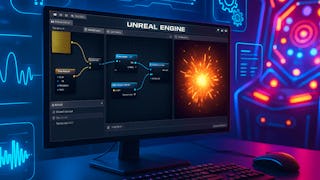 Status: Free TrialFree Trial
Status: Free TrialFree TrialSkills you'll gain: Unreal Engine, Performance Tuning, Game Design, User Interface (UI), Video Game Development, 3D Assets, Virtual Environment, Virtual Reality, Animations, Simulations, Computer Graphics, Animation and Game Design, Augmented and Virtual Reality (AR/VR), Scripting, Interactive Design
Intermediate · Specialization · 3 - 6 Months
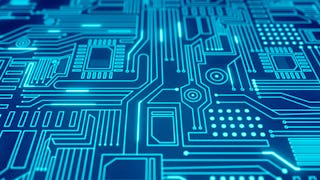 Status: NewNewStatus: PreviewPreview
Status: NewNewStatus: PreviewPreviewSkills you'll gain: Microarchitecture, Computer Architecture, Hardware Architecture, Simulations, Computer Hardware, Performance Tuning, Scalability, Data Storage
Intermediate · Course · 1 - 3 Months

Skills you'll gain: Prompt Engineering, OpenAI API, Generative AI, Data Visualization, Data Visualization Software, ChatGPT, Matplotlib, Seaborn, Data Analysis, Pandas (Python Package), Python Programming, Data Manipulation, Natural Language Processing
4.4·Rating, 4.4 out of 5 stars9 reviewsIntermediate · Guided Project · Less Than 2 Hours
 Status: PreviewPreviewG
Status: PreviewPreviewGGoogle Cloud
Skills you'll gain: Google Gemini, Generative AI, Multimodal Prompts, Prompt Engineering, Interactive Design, Google Cloud Platform, Prototyping, MLOps (Machine Learning Operations), Product Lifecycle Management, Model Deployment, Performance Tuning
Beginner · Course · 1 - 4 Weeks
 Status: NewNewStatus: Free TrialFree TrialP
Status: NewNewStatus: Free TrialFree TrialPPearson
Skills you'll gain: Generative AI, Large Language Modeling, PyTorch (Machine Learning Library), Generative Model Architectures, Multimodal Prompts, Image Analysis, Model Evaluation, Autoencoders, Hugging Face, Computer Vision, Convolutional Neural Networks, Artificial Neural Networks, LLM Application, Natural Language Processing, Deep Learning, Embeddings, Tensorflow, Transfer Learning, Performance Tuning
Intermediate · Specialization · 1 - 4 Weeks
 Status: PreviewPreviewG
Status: PreviewPreviewGGoogle Cloud
Skills you'll gain: Generative AI, Prompt Engineering, LLM Application, Prototyping
Beginner · Course · 1 - 4 Weeks
 Status: PreviewPreviewG
Status: PreviewPreviewGGoogle Cloud
Skills you'll gain: Model Deployment, Recurrent Neural Networks (RNNs), Tensorflow, Keras (Neural Network Library), Generative Model Architectures, Machine Learning Methods
Advanced · Course · 1 - 4 Weeks
In summary, here are 10 of our most popular gpu courses
- Introduction to Computer Vision and Image Processing: IBM
- Image Generation with AI Training Course: Simplilearn
- Introduction to C++ Programming and Unreal: University of Colorado System
- Unreal Engine Visual FX, Materials & Interactive Systems: EDUCBA
- Computer Architecture Essentials on Arm: Arm
- Data Visualization with OpenAI API: Generate code with GenAI: Coursera
- Introduction to Vertex AI Studio - Bahasa Indonesia: Google Cloud
- Programming Generative AI: Pearson
- Introduction to Generative AI Studio - Italiano: Google Cloud
- Encoder-Decoder Architecture - 日本語版: Google Cloud










